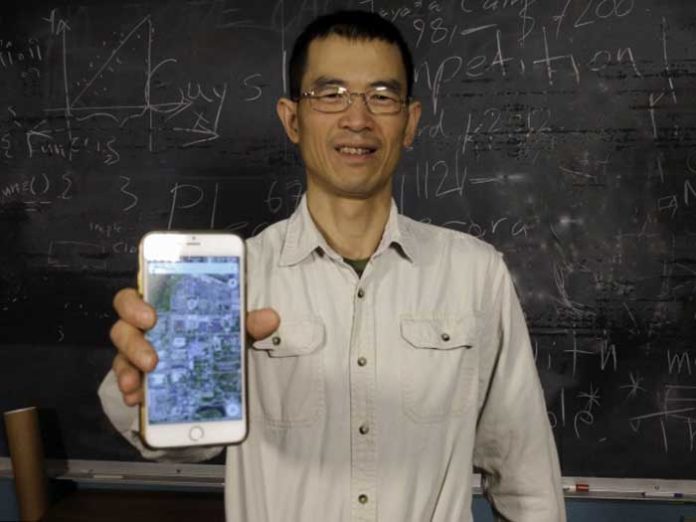Repeatedly pinpointing our location reveals information about our identity, which may be sold or shared with others. It may be a problem. According to the December 2018 story, companies sell, use or analyze this data for insight into consumer behavior.
Ying Cai, an associate professor of computer science said, “There is a way to limit what companies can glean from location information.”
In collaboration with ISU’s Office of Intellectual Property and Technology Transfer, Cai received two patents for his location-cloaking technology.
Using technology, scientists were able to search and use apps on mobile devices while keeping your privacy under control. Despite some initial interest, Cai says he is not aware of any service providers using the technology. However, he says that might change if consumers know this type of protection exists.
How does it work?
The concept behind the technology is simple: to provide a location that is as precise as possible, but still sufficient to protect the user’s privacy. Specifically, users give examples of locations matching their personal privacy level. Cai says service providers then use that information to calculate a cloaking region with similar popularity.
The size or traffic of a particular location will vary based on the user’s comfort level. It is similar to going to the doctor and selecting a pain threshold on a scale of one to five, Cai said. For example, you may select a city park or a big box store – a location you feel is larger enough or has a certain traffic volume that makes it difficult to track a single individual at any given time. Then whenever you want to report your location, your service provider will identify an appropriate region to report.
